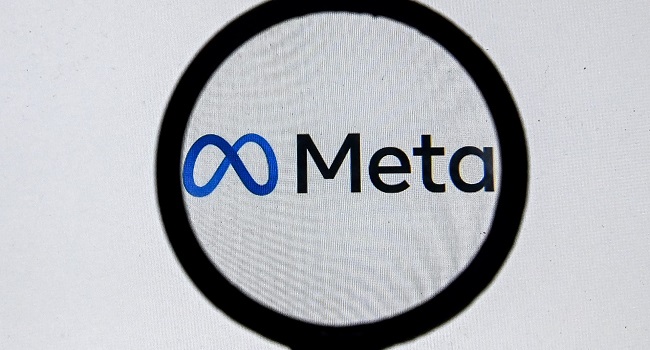Meta announced late Monday that it is banning Russian state media outlets from its platforms worldwide, citing concerns over foreign interference.
This decision follows allegations that RT, a state-run media outlet, and its affiliates have been involved in funneling $10 million through various shell companies to secretly fund influence campaigns on social media platforms like TikTok, Instagram, X, and YouTube. These allegations were revealed in a recently unsealed indictment.
Meta confirmed, “After a thorough review, we have expanded our enforcement efforts against Russian state media outlets.” The ban includes Rossiya Segodnya, RT, and related entities across Meta’s apps, which include Facebook, Instagram, WhatsApp, and Threads.
The indictment, revealed in New York, outlines that RT was forced to halt operations in the UK, Canada, the European Union, and the US following sanctions imposed after Russia’s invasion of Ukraine in February 2022.
US prosecutors have accused RT of creating an “empire of covert projects” aimed at manipulating public opinion in Western countries. One such project allegedly involved a Tennessee-based content creation company that produced nearly 2,000 videos, amassing over 16 million views on YouTube. These videos, funded by RT, did not disclose their origin to viewers.
Prosecutors argue that RT’s efforts were designed to sow division and weaken resistance to Russian government objectives. They also noted that Russia’s covert influence operations have intensified since the invasion of Ukraine.
Meta’s actions follow previous bans on Russian entities, including the Federal News Agency, aimed at curbing foreign interference. The US State Department has also highlighted Russia’s enhanced cyber capabilities and ties to intelligence services, focusing on global influence and intelligence operations.
The State Department is working to alert international governments about RT’s covert activities and is advocating for measures to limit Russia’s interference in foreign elections and its procurement of weapons for the conflict in Ukraine.
